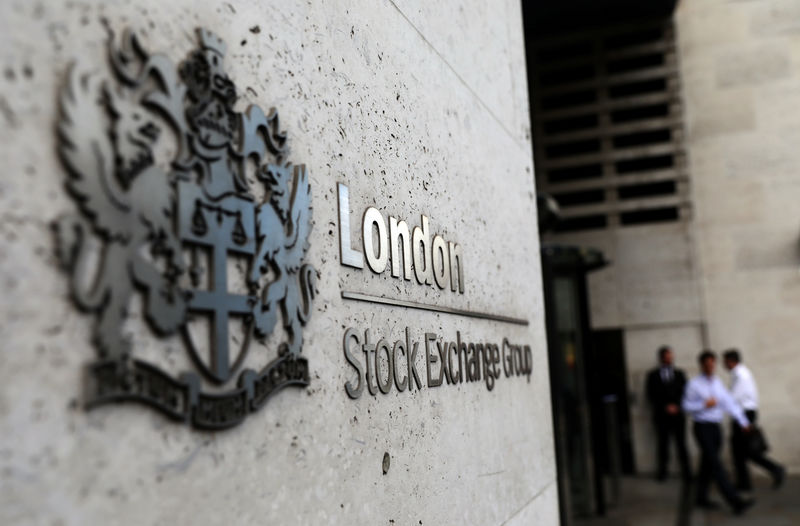Investing.com - The U.K general election has resulted in a landslide victory for the opposition Labour Party, and Citigroup sees the potential for upside for U.K markets in the wake of this result.
As of 05:20 ET (09:20 GMT), Labour, led by Keir Starmer, had won 412 of the 650 seats in parliament, giving it a large majority with a handful of seats yet to declare, ending 14 years of often turbulent Conservative government.
Their policies are expected to be relatively business friendly, according to analysts at Citi, in a note.
“Historically, the U.K. market tends to be flat on average 6m after Labour elections, but meaningfully higher one year later,” Citi said. “On a relative basis, the U.K. market has tended to underperform 1-2 months after Labour wins, while tallying decent relative performance 12 months post-election. The domestically oriented FTSE 250 has typically outperformed the FTSE 100 following Labour victories.”
More broadly, the U.K. market remains cheap, Citi said, although U.K. EPS growth should lag peers in both 2024 and 2025.
“Ultimately, we target 7% (8700) upside for the FTSE 100 to mid-25 based on continued EPS growth and mild multiple expansion,” analysts at the U.S. bank said.
“Within the UK market, we have a preference for FTSE 250 over FTSE 100. We see an improving balance of risks for UK SMID caps, which have underperformed, but are expected to have superior EPS growth vs. Large caps. SMID caps are also better positioned to benefit from rate cuts and a pick-up in dealmaking. Within the UK SMID universe, we screen for stocks with domestic exposure that have de-rated year-to-date despite solid fundamentals,” Citi said.
The bank forecasts FTSE 100 EPS growth of +3% in 2024 and +6% in 2025, broadly in line with consensus. Following last year’s EPS recession, analyst forecasts to end-25 do not see U.K. EPS recovering to its ‘22 peak.
“Our models suggest the U.K. equity market is pricing in more optimistic +15% EPS growth over the next 12 months, though upside remains possible if earnings deliver,” UBS said.
The bank also noted that a stronger pound favors the FTSE 250 over the FTSE 100, as around 75% of FTSE 100 revenues come from outside the U.K., versus the under 50% for FTSE 250.
Domestic-focused sectors include Real Estate and Utilities, the bank said, while Materials and Health Care are more international.
